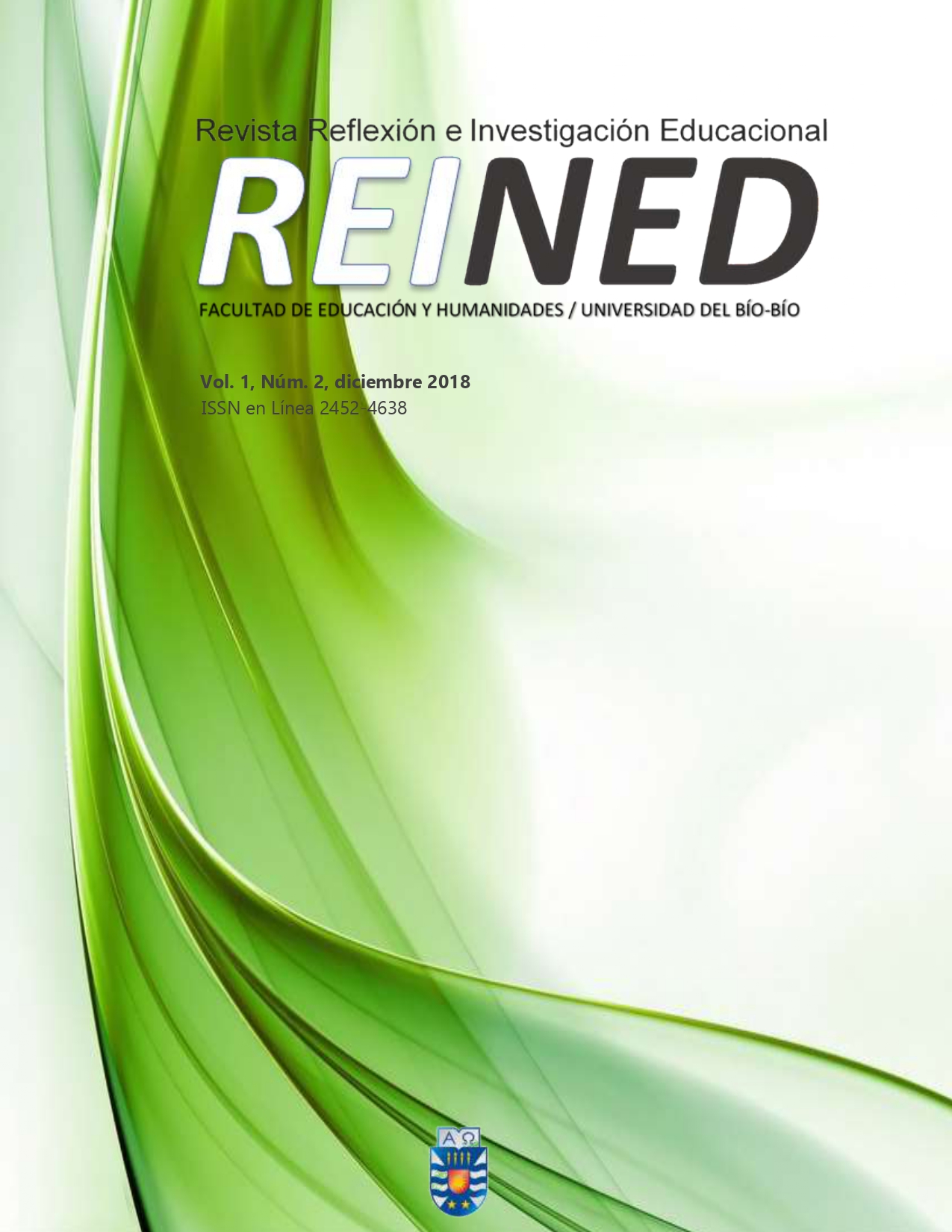Relationship between ability of emotional metacognition, life value and anxiety level in employees of a school in Concepcion, Chile.
Main Article Content
Abstract
Considering the importance given in recent years to emotional development in education, and to indicators of subjective welfare of education professionals, a research that seeks to measure the level of emotional knowledge skills, life value and anxiety, in teaching and nonteaching staff of an educational institution is carried out in order to analyze the relationship between these variables. The method used was based on a transectional descriptive correlational design, involving 80 participants (55 women and 25 men), whose average age was 39 years old.
The instruments used were the TMMS-24 to measure emotional meta-knowledge, the LOT-R test to measure orientation towards life, and the anxiety scale of the DASS- 21. The results show moderately high indicators of emotional metacognition, mostly optimistic orientation to life, and low anxiety levels. Statistically significant correlations between subdimensions are observed, but not in global variables. It is concluded that the questionnaires, being self-reported, could have been subject to social desirability, since the results in general do not coincide with what was indicated in the theoretical studies. It is relevant to highlight the existence of positive, significant and moderate correlation between optimism as orientation to life and emotional repair.
Article Details
References
Bisquerra, R. (2005). La educación emocional en la formación del profesorado. Revista Interuniversitaria de Formación del Profesorado, 19(3).
Bisquerra, R. & Hernández, S. (2017). Psicología positiva, educación emocional y el programa de aulas felices. Papeles del psicólogo, 38(1). doi: https://doi.org/10.23923/pap.psicol2017.2822
Bisquerra, R. & Pérez, N. (2007). Las competencias emocionales. Educación XX1, (10), 61-82.
Cabello, R., Ruiz, D. & Fernández, P. (2010). Docentes emocionalmente inteligentes. Revista Electrónica Interuniversitaria de Formación del Profesorado, 13(1).
Cano, F., Sanduvete, S., Chacón, S., Rodríguez, L., García, J., Antuña, M. & Pérez, J. (2015). Estructura factorial de la versión española del Test de Orientación Vital Revisado (LOTR): comprobación de varios modelos. International Journal of Clinical and Health Psychology, 15(2), 139-148.
Extremera, N. & Fernández, P. (2005). Inteligencia emocional percibida y diferencias individuales en el meta-conocimiento de los estados emocionales: una revisión de los estudios con el TMMS. Ansiedad y estrés, 11(2-3).
Fiorilli, C., Gabola, P., Pepe, A., Meylan, N., Curchod-Ruedi, D., Albanese, O. & Doudin, P.A. (2015). The effect of teachers’ emotional intensity and social support on burnout syndrome. A comparison between Italy and Switzerland. Revue Européenne de Psychologie Appliquée / European Review of Applied Psychology, 65(6), 275-283.
Hernández Sampieri, R., Fernández Collado, C., & Baptista Lucio, P. (2014). Metodología de la investigación: Roberto Hernández Sampieri, Carlos Fernández Collado y Pilar Baptista Lucio (6a. ed. --.). México D.F.: McGraw-Hill.
Ley Nº20370. Diario Oficial de la República de Chile, Santiago, Chile, 12 de septiembre de 2009.
Marina, J. (2005). Precisiones sobre la Educación Emocional. Revista Interuniversitaria de Formación del Profesorado, 19(3).
Núñez, J., Martín-Albo, J. & Navarro, J. (2007). Propiedades psicométricas de la versión española de la escala de motivación deportiva. Revista de psicología del deporte, 16(2), 211-223.
Pomaki, G., DeLongis, A., Frey, D., Short, K. & Woehrle, T. (2010). When the going gets tough: Direct, buffering and indirect effects of social support in new teachers’ turnover intention. Teaching & Teacher Education, 26, 1340–1346. DOI:10.1016/j.tate.2010.03.007.
Puerta, M. (2012). Psicopedagogía de las emociones. Revista de la asociación de inspectores de educación de España, 1(16).
Salmurri, F. & Skoknic, V. (2003). Control del estrés laboral en los profesores mediante educación emocional. Revista de Psicología, 12(1).
Sierra, J., Ortega, V. & Zubeidat, I. (2003). Ansiedad, angustia y estrés: tres conceptos a diferenciar. Revista Subjetividades, 3(1), 10-59.
Steinhardt, M. A., Smith Jaggars, S. E., Faulk, K. E., & Gloria, C. T. (2011). Chronic work stress and depressive symptoms: Assessing the mediating role of teacher burnout. Stress and Health, 27, 420–429. DOI:/10.1002/smi.1394
Toraby, E. & Modarresi, G. (2018). EFL teachers’ emotions and learners’ views of teachers’ pedagogical success. International Journal of Instruction, 11(2), 513-526. DOI:10.12973/iji.2018.11235a
Valdivia, G., Avendaño, C., Bastías, G., Milicic, N., Morales & A. Scharager, J. (2003). Estudio de la salud laboral de los profesores en Chile (Informe final de proyecto), Pontificia Universidad Católica de Chile, Santiago, Chile.
Vásquez, J. (2007). Inteligencia emocional en las organizaciones educativas. Psicogente, 10(17).
Vivas, M. (2003). La educación emocional: conceptos fundamentales. Sapiens, Revista Universitaria de Investigación, 4(2).
Zulatay, A. (s.f). Recurso de apoyo. Santiago: Educarchile, Gestión y Dirección Escolar de Calidad. Recuperado de http://ww2.educarchile.cl/UserFiles/P0001/Image/pasionxliderar/2011/pdf/competencia3/C3_AC2_R1_ejemplo.pdf

